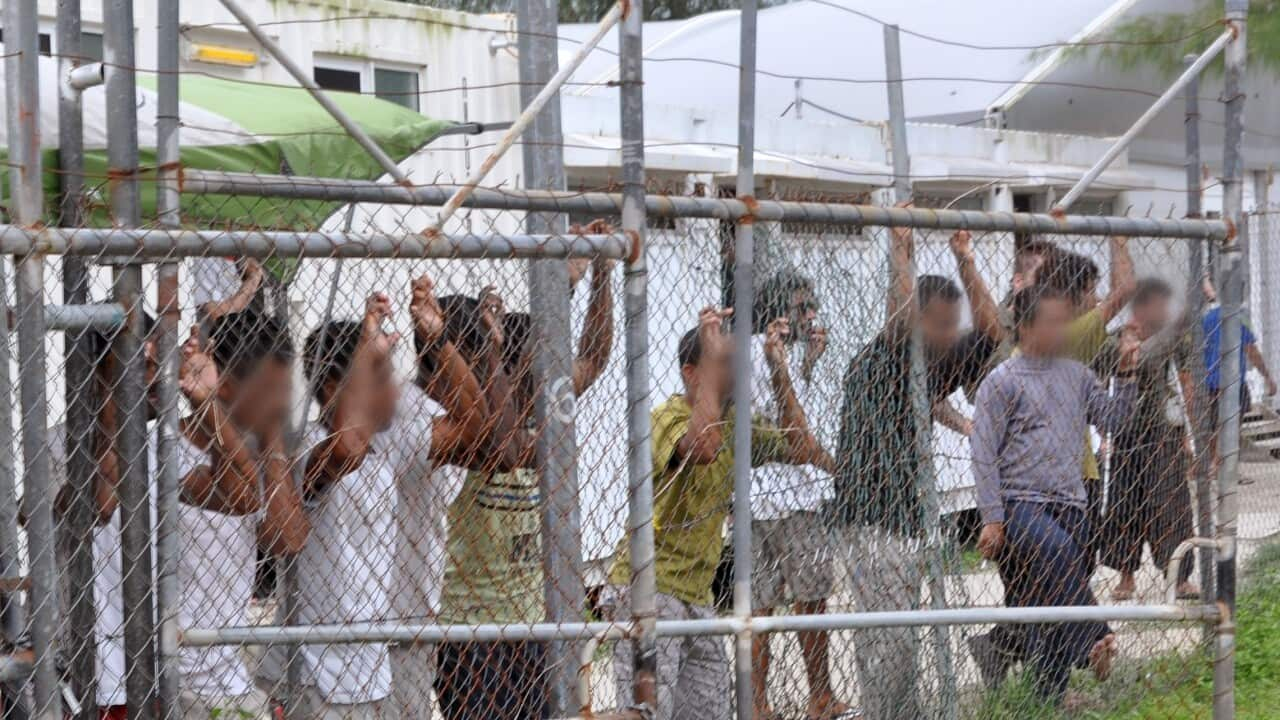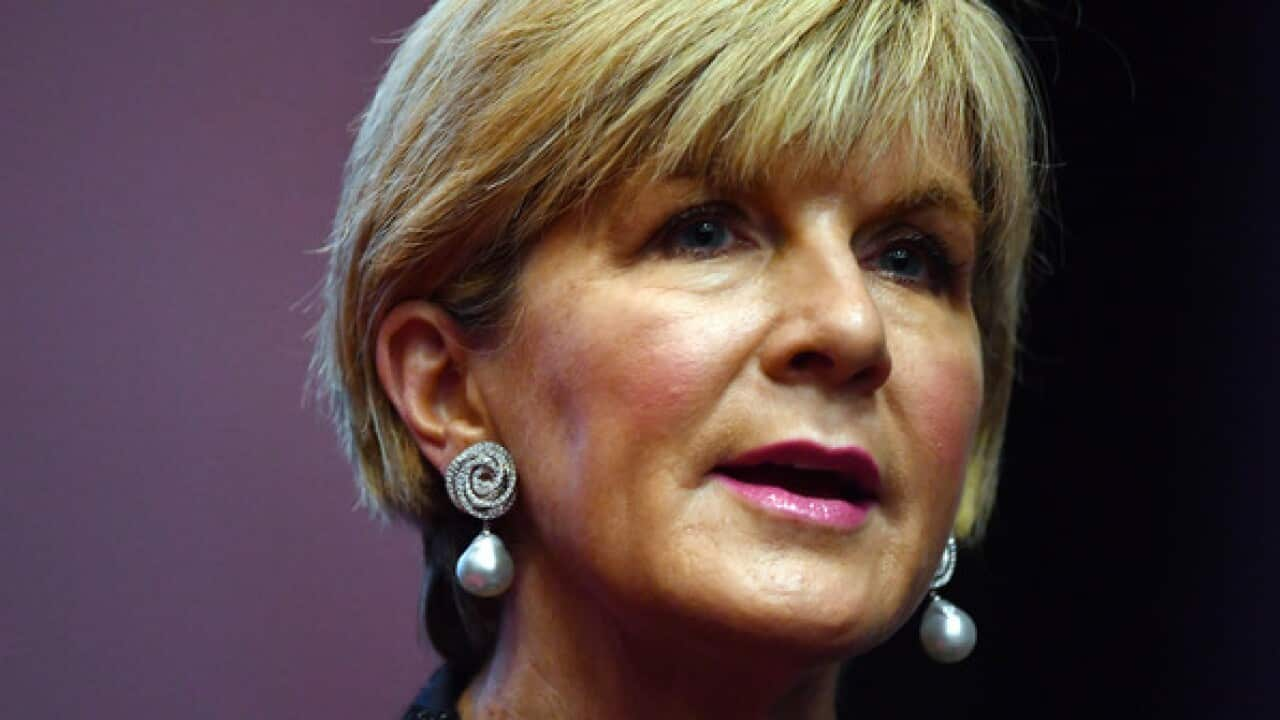The federal government says scrutiny of Australia's human rights record doesn't make its claim for a seat on the United Nations Human Rights Council any less legitimate.
Foreign Minister Julie Bishop insists she is confident Australia would bring a principled approach to the Council if elected.
“We will continue to be an open, transparent, accountable country committed to the rule of law and human rights,” Ms Bishop told reporters in Canberra on Monday.
"Australia is open to being investigated and open to views from outside, but that doesn't mean that we shouldn't rightfully take our place on the human rights council,"
An expert committee will grill the Australian government on its human rights record, including on indigenous affairs and asylum seeker policies, as Australia prepares to join the powerful UN body.
Related reading

Manus Island refugees get offer to move to Nauru
Australia is due to be elected unopposed to the Council in New York at 2:00am AEDT on Tuesday. Australia was competing with Spain and France for two ‘Western Europe and others’ seats but France’s withdrawal has made Australia’s elevation almost certain.
“We put in a very strong campaign and received a lot of written pledges for our offer to serve on the Human Rights Council campaign,” Ms Bishop said.
“We had five themes in relation to gender empowerment and freedom of speech and strengthening democratic institutions and human rights institutions and Indigenous rights and the like.”
A coalition of non-government organisations is expected to appear before the UN human rights committee in Geneva on Monday to report on Australia's compliance with the International Covenant on Civil and Political Rights, ahead of Canberra officials who appear on Wednesday and Thursday.
"During Australia's last review, in 2009, committee members raised concerns about the Australian government's policies on Aboriginal and Torres Strait Islander peoples' rights, its cruel treatment of people seeking asylum, its use of national security laws to erode basic civil liberties, and police information-sharing practices on cases that involved the death penalty overseas," the Human Rights Law Centre says in a statement.
The centre says the NGO report states how Australia has made insufficient progress and has even regressed in several areas in implementing many of its obligations.
"Australia was once considered a world leader when it came to promoting some of the key rights that underpin successful democracy - access to voting, the right to peacefully protest and for workers to stand together in union.
"Australian governments are now eroding these foundations of our democracy. Civil society groups are being silenced, peaceful protest is being criminalised and workers are being stripped of the right to take industrial action.
"These backwards steps are being noticed at the UN."
Emily Howie, director of legal advocacy at the centre, says it's not good enough that Australia has anti-protest laws that prevent people from standing together and speaking up on issues they care about or that its governments are seeking to silence civil society groups who speak out.
"We will also highlight how press freedom is threatened by metadata retention laws that jeopardise journalists' ability to keep sources confidential," Ms Howie said.










